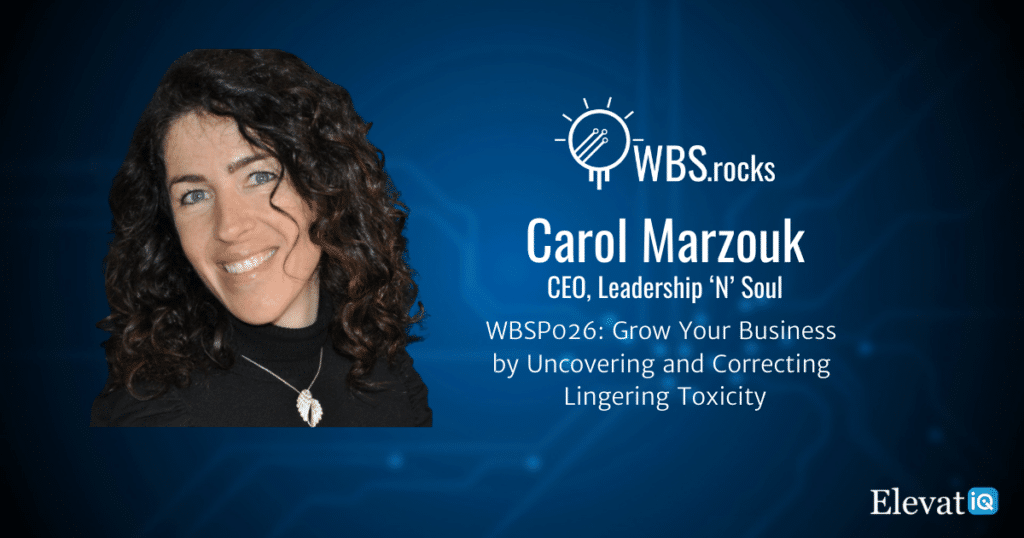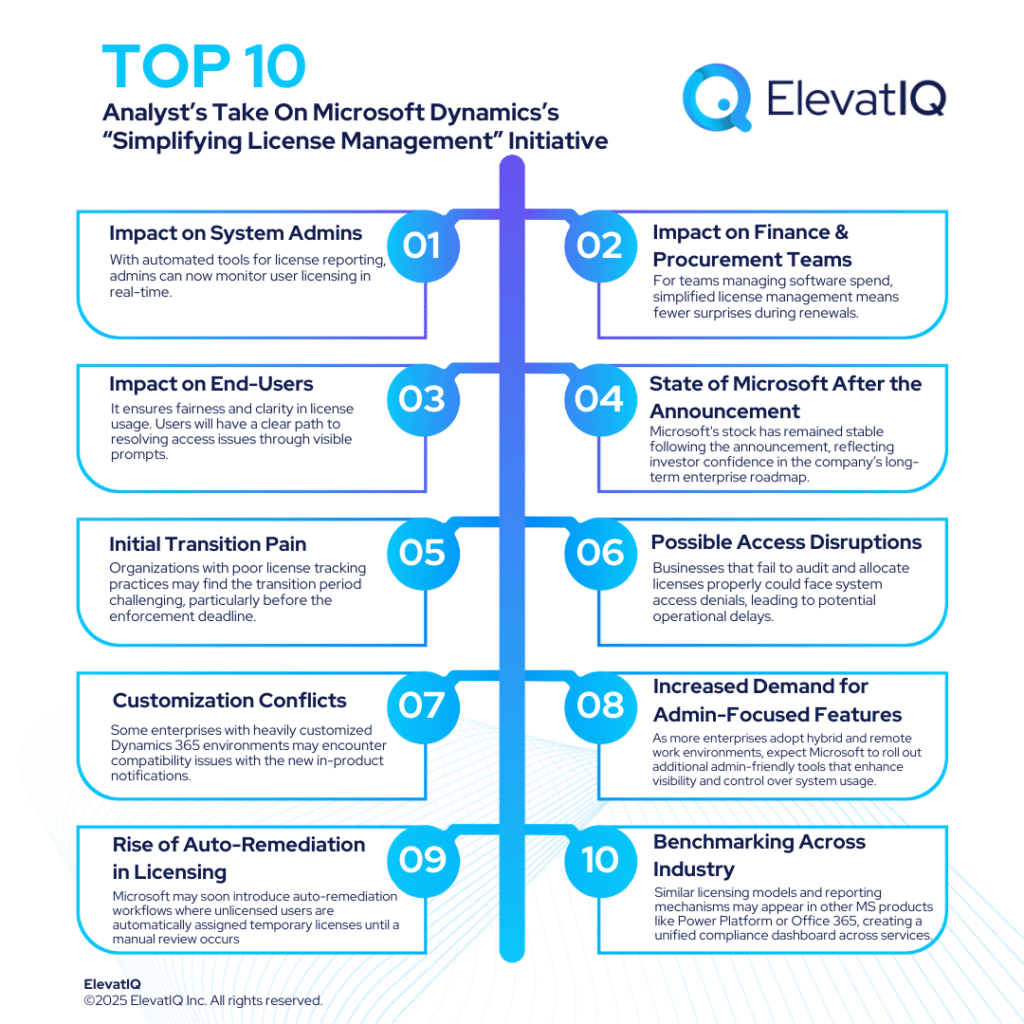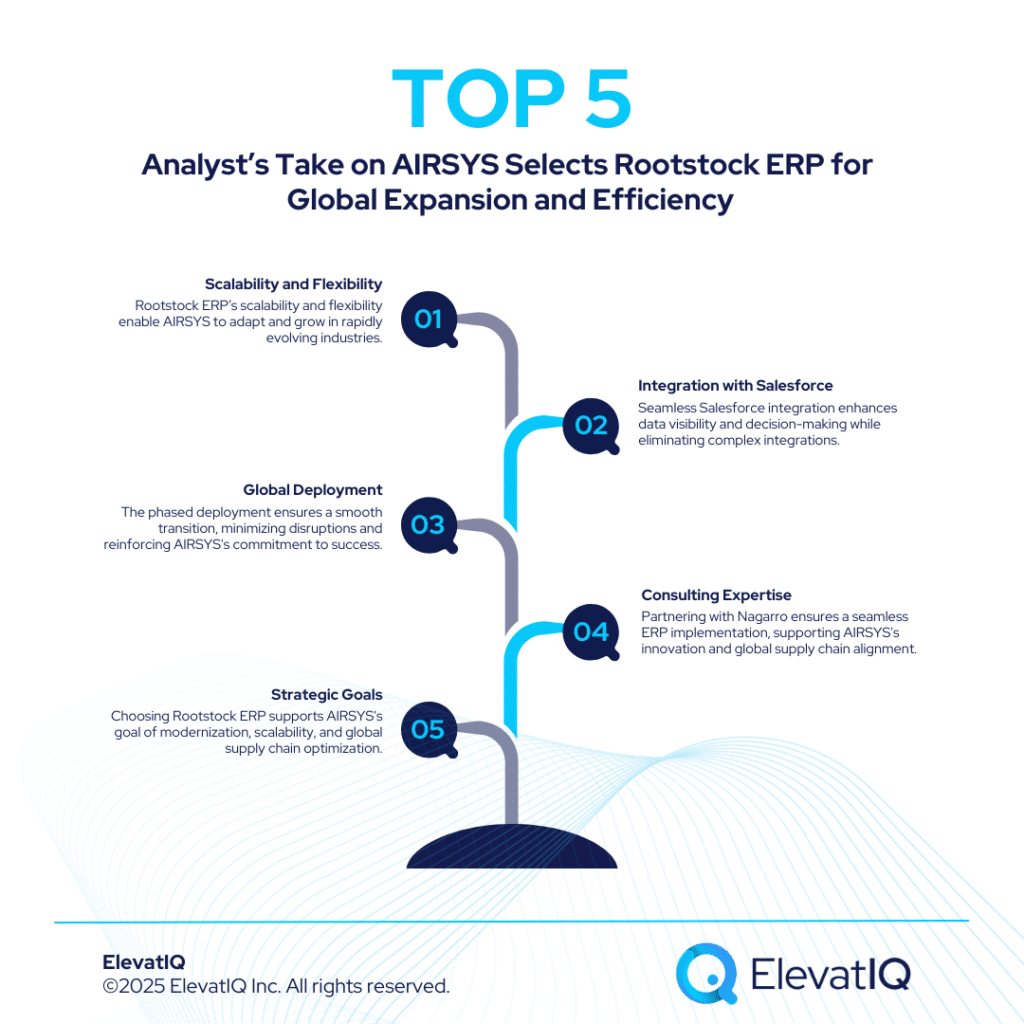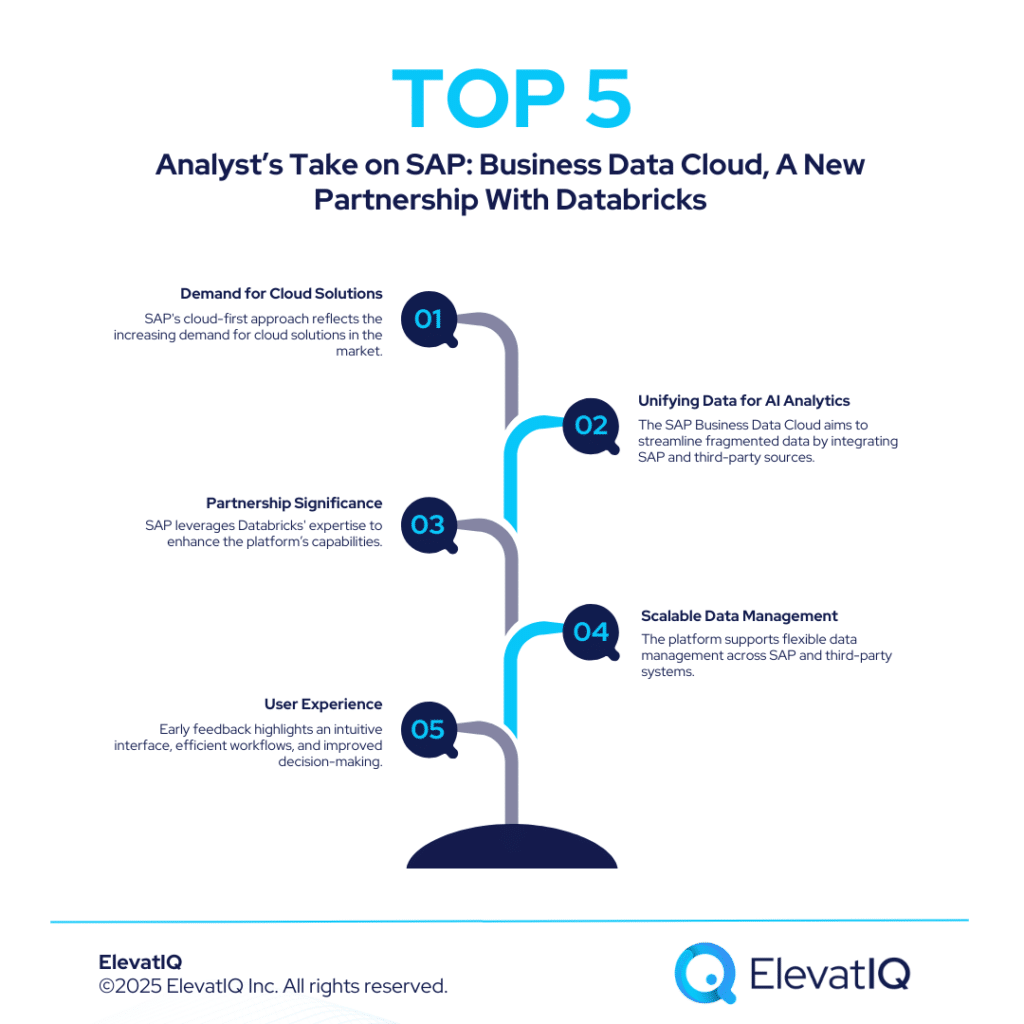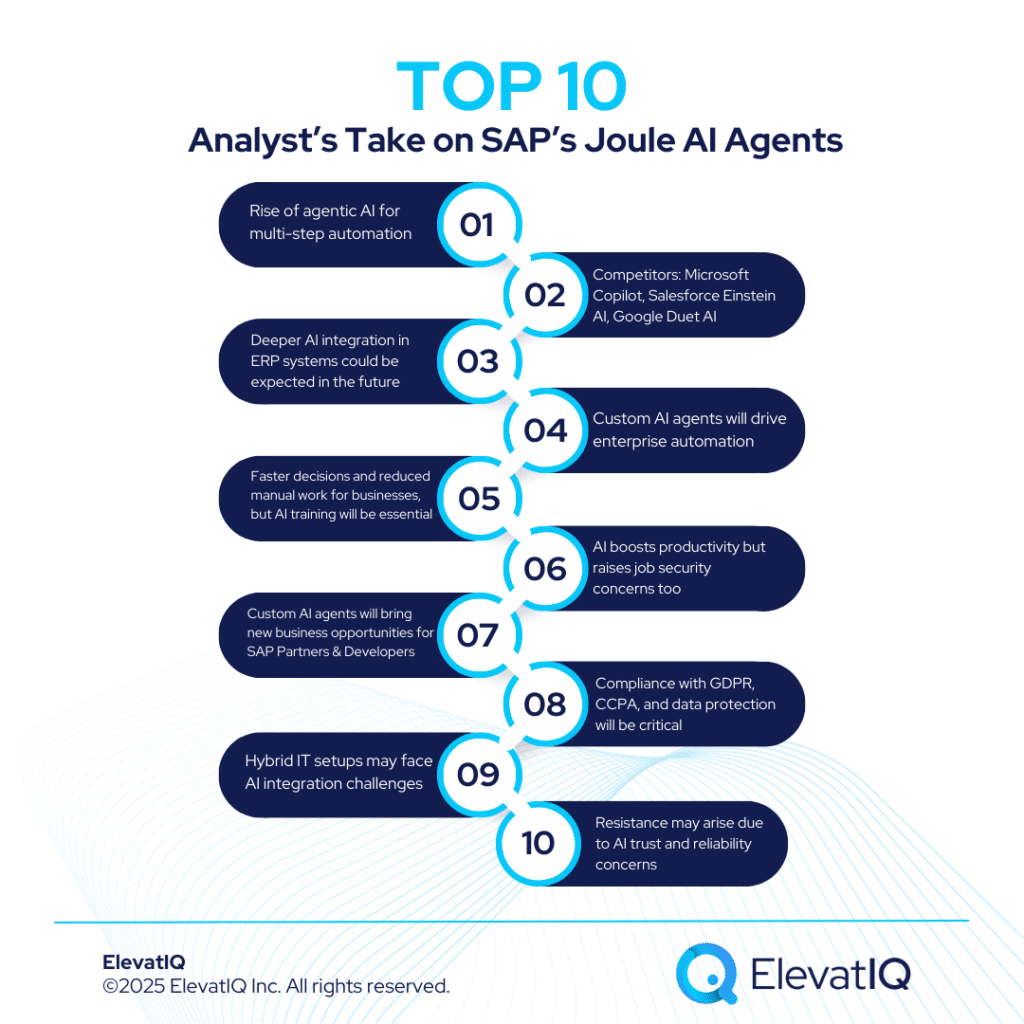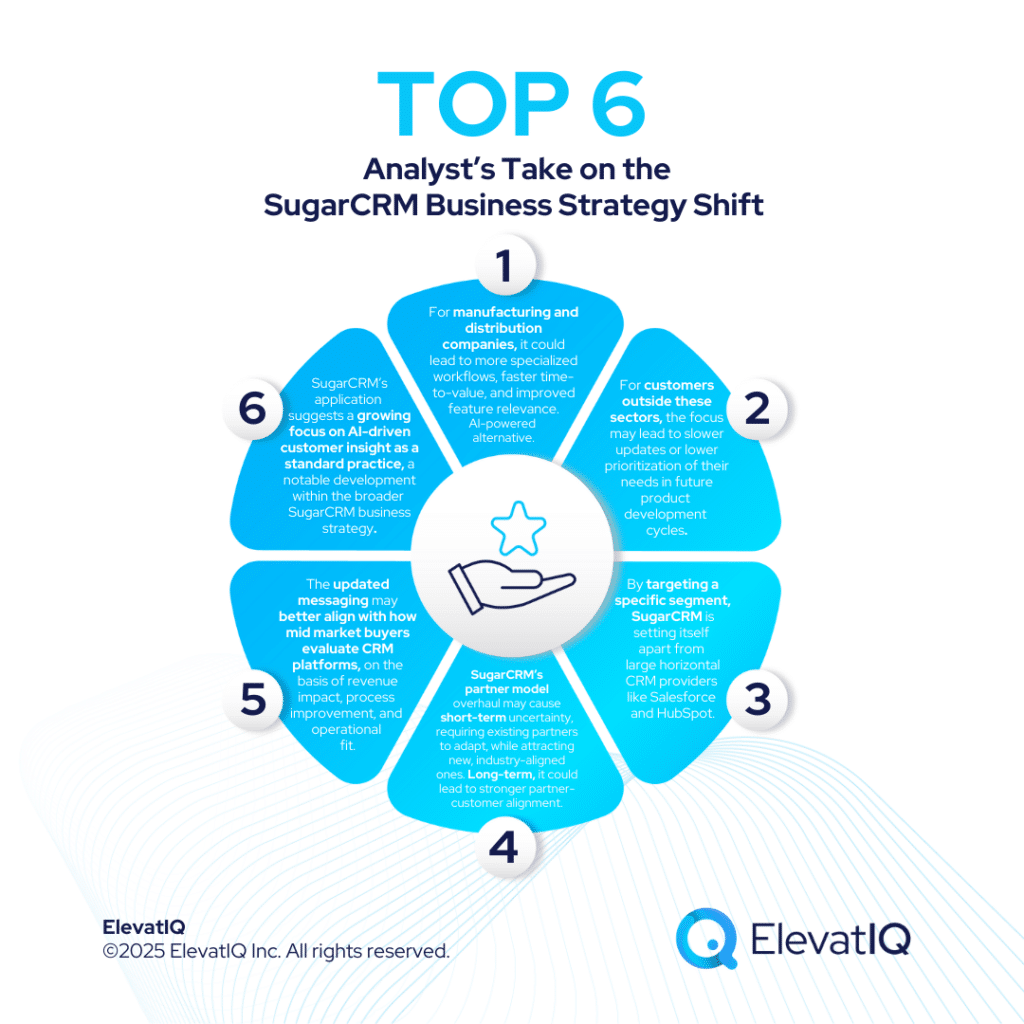Last Updated on November 27, 2023 by Sam Gupta
In this episode, we have our guest Carol Marzouk from Leadership’ N’ Soul, who discusses how to uncover and correct lingering toxicity before it stunts your business growth. We also had a chance to discuss the implications if you smell it but choose to ignore it. If you are looking to learn how to fix toxicity before it’s too late with compelling stories full of laughter, this is a must-listen episode for you.
Chapter Markers
- [0:00] Intro
- [2:50] Personal journey and current focus
- [8:51] Perspective on growth
- [16:14] Her personal story dealing with a toxic executive
- [25:08] how to uncover the toxicity and then how to fix it?
- [31:30] Story of internal communication issues resulting in a fatality
- [35:59] Closing thoughts
- [37:52] Outro
Key Takeaways
As CEOs, we have to learn how to recognize these conditions. And we have to know how to coach them because they’re in your organization. So if you find that they’re stunting your growth by doing this to other people, and these guys can manage up really well. So you’ve got to be very good at noticing this. And you’ve got to keep an ear out for other people saying things about their behavior.
The first rule with narcissists is to avoid anything that might upset their sense of self. Because they have this idea that they’re grandiose, they want to make sure that everybody thinks that they’re bigger than they are. And that’s to compensate for their sense of inadequacy.
Their ambitions can be used to motivate them because that’s what they live off of. That’s their currency. So you want to use that currency. Like, for instance, if they have high potential to succeed as whatever director or whatever their VP role is that they’re looking for or whatever it is, you want to use that as the carrot as the currency to motivate them, right. So the challenge is, of course, to avoid feeling their sense of grandiose grandiosity, so it helps to keep Conversations tactical.
When we give love, that means that we have love to give when we give kindness. That means that our cup of kindness is full and that we can give some of it out to other people. But if we don’t have it, how can we give it.

Subscribe and Review
Apple | Spotify | Stitcher | Google Podcasts | Deezer | Player FM | Castbox
About Max
Carol Marzouk, the “Executive Lion Tamer®” has spent 30+ years inspiring leaders and teams to impact the bottom line while retaining their “soul” and integrity. She is known for using unconventional methods to get real results and helps clients take immediate action, leaving the theory in the office. She has worked with leaders in a variety of industries including manufacturing, distribution, and F&B.
Resources
Full Transcript
Carol Marzouk 0:00
He did this for two years. And whether I was in France or China, Japan, Italy, it didn’t matter. He would show up. And he would say things like. You bring zero value to the company. And you really don’t know what you’re doing. You have nothing good to say; nobody should listen to you. And he would demoralize me, and it would always be right before I’d speak.
Intro 0:24
Growing a business requires a holistic approach that extends beyond sales and marketing. This approach needs alignment among people, processes, and technologies. So if you’re a business owner, operations, or finance leader looking to learn growth strategies from your peers and competitors, you’re tuned into the right podcast. Welcome to the WBS podcast, where scalable growth using business systems is our number one priority. Now, here is your host, Sam Gupta.
Sam Gupta 1:01
Hey everyone, welcome back to another episode of The WBS Podcast. I am Sam Gupta, your host and principal consultant at digital transformation consulting firm ElevatIQ. When you think of growth barriers, you might not think of corporate bullying and executive toxicity.
Sure every company has its share of issues. But how bad can toxicity and bullying get? Can it be catastrophic for companies? Cause fatalities? And invite lawsuits? If yes, they are significant legal and financial risks that have a massive impact on the bottom line and growth.
In today’s episode, we have our guest Carol Marzouk from leadership and soul, who discusses how to uncover and correct lingering toxicity before it extends your business growth. We also had a chance to discuss the implications if you smell it but choose to ignore it. If you’re looking to learn how to fix toxicity before it’s too late with compelling stories full of laughter, This is a must-listen episode for you.
Let me introduce Carol to you.
Carol Marzouk, the executive line tamer, has spent 30 plus years inspiring leaders and teams to impact the bottom line while retaining their soul and integrity. She is known for using unconventional methods to get real results and help clients take immediate action leaving the theory in the office. And She has worked with leaders in a variety of industries, including manufacturing, distribution, and F&B. She also does a lot of work in the M&A space focusing on the people and culture side that usually falls by the wayside as the financials are being discussed. Carol has held several leadership roles and has overseen the work of hundreds of employees. She has excelled as a speaker, consultant, coach, trainer, and facilitator.
With that, let’s get to the conversation.
Hey, welcome to the show, Carol.
Carol Marzouk 2:48
Thank you, Sam. It’s wonderful to be here.
Sam Gupta 2:50
Okay, just to kick things off. Do you want to start with your personal story and what you are focusing on these days?
Carol Marzouk 2:56
I would love to. I am from Mexico City. So my name is Carol Marzouk, and I was actually born in Mexico City, the fifth of five girls. Can you imagine that? Sam?
Sam Gupta 3:10
Oh, wow, look at that. That’s a lot of family.
Carol Marzouk 3:13
A family, a lot of family. My dad was actually born in Iraq. And then he moved into he moved to India, and then ended up in Australia. Then my mom’s side is from Syria and Italy. And then they ended up going to Mexico City. All sides were Jewish. So that’s why they had to escape. And so then I was born in Mexico City. And the reason why I got into this.
Sam Gupta 3:40
So I’m super confused right now because, you know, I don’t see any country that I didn’t hear. Tell me one country that is not there.
Carol Marzouk 3:49
I’m like the United Nations all in one. Name one. I’ve got it covered. My last name is from my husband. His family’s from Egypt.
Carol Marzouk 4:03
Just in case, we needed another country. I think the reason why I got into this field of, you know, working with toxic executives and conflict resolution and, and really working with, you know, the big egos in the workplace and, and growing companies at different inflection points and helping them deal with the people side that that constantly gets in the way of them growing their company is because, well, you know, being the fifth child, I was always kind of in the way of my sisters.
Sam Gupta 4:42
So you are telling me that you were bullied.
Carol Marzouk 4:45
I was. I was actually we were in Mexico City.
Sam Gupta 4:50
You have practical experience of being bullied, I guess, as a child.
Carol Marzouk 4:56
Oh my goodness. Sam. We were in the nine-story of our apartment building, and they wanted to see if the stroller would fly out of the veranda out of the balcony with me in it. And it was an experiment. You know, it’s like let’s see if Carol flies with the stroller, and so I always had to escape these death-defying things that my sisters would try on me.
Carol Marzouk 5:33
So it was really incredible, you know, and growing up, just always being the one that actually had to resolve the conflict between the sisters and then also my parents and my sisters. And I was always the one that was kind of brought in to mediate. And so I got really, really good at it.
Sam Gupta 5:55
Okay,
Carol Marzouk 5:57
And also, to survive, right? I had to learn how to survive amongst all these different personalities. I was like. We were all raised in different jungles. It was kind of crazy.
Sam Gupta 6:05
Yeah, I was a middle child myself, so I can see where you’re coming from.
Carol Marzouk 6:12
How many children? Three, three. Okay, yeah. So five and five girls are very different than you know, a mix or five boys. I mean, five girls crazy. They’re crazy. We’re all crazy.
Sam Gupta 6:27
Did you guys cry all the time?
Carol Marzouk 6:29
Oh, my goodness. Can you imagine that? When everybody was kind of on the same? Do you know you know what I’m talking about?
Sam Gupta 6:37
Oh, my God, I don’t even know if I’m supposed to be making this comment during the show, to be honest, and how that is going to come across.
Carol Marzouk 6:45
I’m sure everybody’s thick-skinned around here. And you can say whatever you want.
Sam Gupta 6:50
I hope people can handle my jokes. You never know. Right?
Carol Marzouk 6:52
I hope so. I hope so. Yeah. So it’s crazy. So growing up, that’s how I was, and I got just really good at it. And then and then, later on, I started working in, in law firms, and, and the, you know, big companies, and I always ended up being the mediator and being the ones that were being the one that worked in with the high-level folks and resolving their conflict and, and understanding how to coach them and mitigate the situation and how to get everybody to see the different viewpoints, and really have to understand the different communication styles and languages that everybody speaks. Even though everyone might be speaking English.
Everybody really does speak a very different language. Yeah. Right. And so that’s how I got into it. Sam, it’s quite interesting. And I was incorporated for a long time until I got into my own firm. And that’s how I got here. I’m internationally recognized. I have my certificates. You know, I typically don’t like to bore people with this.
Sam Gupta 8:00
you can describe them because we don’t, we can’t take the picture as part of the show. So you need to describe each of your certificates.
Carol Marzouk 8:08
Really quickly. I’m UCLA, psychology, communications. I worked with Yale School of Management for years and, of course, got my certifications for executive coaching in several different areas. And then also behavioral coaching. I have my Lean Six Sigma Green Belt certification, and oh, it’s just so boring. Sam, Please don’t make me. Um, let’s move on. Let’s move on. Okay, so let’s talk about how, how toxic executives can really be right under your nose.
Sam Gupta 8:51
If you are moving to the next question, then we have to have one ritual here. Okay. You’re not supposed to move on to the next question. The next question always is you have to tell me, what is your perspective on growth?
Carol Marzouk 9:02
Okay, well, Oh, goodness, we don’t want to mess with ritual.
Sam Gupta 9:06
Everybody has to go through that.
Carol Marzouk 9:09
Oh, goodness. Okay. My perspective on growth? Well, I think that, um, when you’re talking about growth, I think it’s always about being innovative. It’s, it’s always about thinking organically and inorganically. So always just finding new sources of growth and thinking about just value creation, right? And looking at the changes in your competitive landscape, understanding what your competitors are doing, and always staying ahead of the game. You know, a lot of times, we get really complacent. And I worked for a company for several years, and they had a monopoly for many years, until, you know, some other people came on board, and they were forced to get better, or just lose their platform. And so it’s really important to always have that perspective, and then, of course, understanding and managing your exposure to risk, right?
So I know you CFOs out there are always really attuned to risk, right? Many of the CFOs that I work with are very conflict-averse and not conflict-averse, risk-averse. And so managing that exposure to risk and how, you know, it’s related to our reputation. Our operations are also very important when we’re thinking about growth, right, and our financial volatility.
But that’s when I think about growth, I think about all of that, but being who I am, let’s be honest, Sam, the very first thing I think about which you know, is the bigger umbrella is the people side because if we are a people business, those people in our business are really part of the business that is going to take us to the next level. And if we as the lead as the top of the fountain, if you will, I always describe it, as you know, you’re the top of the fountain. And if you think about it as a chocolate fountain. I hope you are hungry. It’s like pure milk chocolate. Can you taste it right now.?
Sam Gupta 11:21
Am I gonna disconnect the interview right now to grab a bite.
Carol Marzouk 11:24
right. Um,
Carol Marzouk 11:30
We can’t give some to everybody right now. So if you’re the top of the chocolate fountain, right, you’re the CEO, the CFO, the CEO, and you’re pure milk chocolate, you’re, you’re the best leader you can be. Well, that’s going to go down to the next level and the next level and the next level. And, and if you’re not, right, if you’re not if I could take a video camera, and show how you are showing up as a leader, and how you are doing whatever you’re doing, how you’re behaving in order to grow your company. And if you’re comfortable with me showing that video to the rest of your company,
Sam Gupta 12:10
Would you please not share my voice with anyone? Please do not share my video with anyone, okay?
Carol Marzouk 12:23
If that’s you know, but if that’s if that makes you comfortable, right? If you would feel good about that video being used as training for the rest of the organization, then you’re doing a great job, right? Because serving on a leadership team, should be a privilege. And so back to the growth conversation. Again, it’s if you’re showing up as the kind of leader that leads to the kind of growth that your company deserves and desires, then your people are going to be doing the same.
Sam Gupta 12:58
Okay, amazing. So yeah, so before we move on to the next question, we need to set the expectations here, Carol. Okay. So you are actually coming to the executive podcast, okay. And we are the guys who pay you. Okay, and we’re calling them toxic, toxic executives.
Carol Marzouk 13:17
Oh, my God, I suck. That’s horrible.
Carol Marzouk 13:29
Um, the truth is, is that, um, so the CEOs, the CEOs, the CFOs tend to call me when there are other executives, wink wink, none of you guys. Other executives are behaving badly. And that’s, and that’s what happened. And I can give you some stories, and maybe it’ll resonate with some of you in the audience. I mean, you know, we’ve got, we’ve got plenty of them.
But the truth is, is that these are important only because the last thing I want for you or any of my clients is for you not to be able to recognize this and also for you to leave it untouched and let it continue. So that it stunts your growth, that is a problem for me, it is a problem for me because I’ve lived it in some corporate areas and because I continue to see it with some of you know, the clients that that come my way and it’s not okay, it’s not okay.
And the reason why it’s not okay is not only is it a cry for help from these people that are in executive positions, but it’s also not that it’s also ruining your company, but also ruining the people around you. It’s like a virus. It’s a virus. Right, and it’s, you know, we’re talking about the Coronavirus I used to talk about it as I’ve been doing this for almost 30 years, and yeah, I used to talk about it as being like the flu virus right when somebody sneezes on you, right? Imagine, right?
Carol Marzouk 15:23
And so somebody, I’m sure all of us have had that experience where somebody like gets too close and make coffee on you, or they sneeze on you. And it’s disgusting. Right?
Sam Gupta 15:39
Can we talk about something positive here?
Carol Marzouk 15:49
Yes. Let’s talk about something positive here. But um, in order to get to the positive, I have to talk about why. And I have to talk about No, no, Sam. No, we can’t talk about positive until you tell me. Look, Sam, I’m a doctor.
Sam Gupta 16:06
Okay, if you don’t talk about the disease, how are you supposed to cure people?
Carol Marzouk 16:14
That’s right. That’s right, sir. The positive thing is growth, right? We have to uncover the disease in order to cure it, right? Yes, so so with the sneeze, you can just go take a shower, because you know, you’ve been sneezed on, but when you have some of this stuff happening, sometimes you don’t know it’s happening. So you don’t know you need to take a shower.
Then pretty soon, you realize that you’re like, it’s, you’re really, really dirty, and you don’t know how that happened. And all of a sudden, you’ve got a whole bunch of people that are extremely either, you know, ready to throw in the towel, or there’s a lot of gossips, or they’re just not producing, or you know, and it’s just too late. And it’s because it started at the top with the executive team. So let’s, let’s talk. Do you want me to talk about some stories?
Sam Gupta 17:04
Please, please. And that’s how we are going to relate because right now, I’m actually thinking of washroom, to be honest, when I’m thinking about this conversation. Can we go back to the office?
Carol Marzouk 17:14
I know. Right? That’s, that’s, that’s me, I take you from chocolate fountains to sneezes to the washroom. Um, so let’s see one of the stories that I can tell you very close to my heart. And very well, it happened to me. I was in a very big corporation and was in charge of the growth, the learning and development, and growth for the whole executive team, but also for the whole enterprise, all of the different organizations under this enterprise.
I used to travel all the time, and part of my job was to grow the, you know, help the board and with the personal development and their growth. Also, I ran the leadership academies for all of the different groups. So my boss’s boss would actually go wherever I went, and he would, he would make sure to pull me aside, right before I got on stage to talk to the board, or to talk to the executives and to, you know, to deliver content or to make a speech. And he would say to me, Listen, Carol, I don’t understand, and just so you can, you can picture this Sam, he was Iris. Fine. So I’m five-two, I’m five-four on a good day, but 5’2″ usually.
Sam Gupta 18:43
That a height?
Carol Marzouk 18:44
Yes, yes. Height, height?
Sam Gupta 18:47
You look tall. Come on.
Carol Marzouk 18:48
Thank you. Thank you. That’s heels on. He must be between six-four or six-six. I don’t know. I guess it depends on if I was five-two or five-four.
Sam Gupta 19:00
But it could be frightening.
Carol Marzouk 19:03
Really long is, I guess.
Carol Marzouk 19:05
Yes, exactly. He has a very, very deep Irish accent. And he’s taller than me. And he just he would say to me, I don’t know why you’re working here. I don’t know why the CEO, who is my friend, wants you to work with the board. I don’t know why he wants you to work with him and run this program. He’s my friend. And I should be working with the board, and I should be running this program.
Now, he was two levels above me. And he had a really big problem with me. And he never, he would never give me anything good. He never said anything good. And he did this for two years. And whether I was in France or China, Japan, Italy, it didn’t matter. He would show up. And he would say things like, you bring zero value to the company. You really don’t know what you’re doing. You have nothing good to say. Nobody should listen to you. And he would demoralize me.
And it would always be right before I’d speak. So I got really good at kind of compartmentalizing it. I got very good at that. But for two years, he did that. And, and at some point, I felt like a fraud. Right. Like about two years into that, I felt like a fraud. Not a good place to be, I guess. Yeah, it was horrible. Here I am telling my leaders, you know, how to be the best leader and how to be a strong and powerful presence. It’s how to stand up, and all of this, and here I am taking this from somebody only because my paycheck is coming from this organization, and how can I stand up to this guy?
You know, and he literally, I mean, intimidated me, right. So I decided to do something about it. And so I decided that what I was gonna do was, I was just gonna ask him next time, he said that to me to tell me three good things that I’ve done. Yeah. And, and I did, I started doing that. And I was shaking. I mean, I was shaking when I said.
Carol Marzouk 21:17
Do you know what he said to be the first time that I asked him that Sam?
Sam Gupta 21:22
I am curious, though. I’m, I want to know,
Carol Marzouk 21:24
Yes. He said nothing. He said nothing. Yes. He literally said the word nothing. And then I did it again. Next time he did that. He just shook his head. Then yeah, and then the next time, he would just be silent. It took about four or five times. And he never said anything, anything, nothing, nothing positive. But I still kept asking the question. And so eventually, I trained him to know that I would be asking him, and he started getting uncomfortable.
Yeah, with asking him, and he stopped. And so I got him to stop. And so that was good. But you know, they, in the end, people like that they have this insecurity, right? Or they have this. This is like a narcissist. And the reason why I’m telling you that story, right? It is because we have to learn as CEOs as CFOs. And CEOs, we have to learn how to recognize these conditions. And we have to know how to coach them because they’re in your organization. So if you find that they’re stunting your growth by doing this to other people, and now, these guys can manage up really well. So you’ve got to be very good at noticing this. And you’ve got to keep an ear out for other people saying things about their behavior.
Carol Marzouk 22:47
So with these kinds of guys, if you know that there’s somebody that’s like a narcissist, even though you might be tempted to all of a sudden, like, have a loud wake-up call with them, right? The first rule with them is to avoid anything that might upset their sense of self, right?
Because they have this idea that they’re grandiose, they want to make sure that everybody thinks that they’re bigger than they are. Right? And that’s to compensate for their sense of inadequacy. And that’s okay, right? You’ve got to kind of feel a little bad for them because they have that sense of inadequacy and that insecurity. And so what you don’t want to do is call them out on that. Yeah. So while they may seem very confident, it conceals a very deep vulnerability. So your first goal as a CEO or as a CFO is to place your self-esteem on a firm foundation. Not to destroy it, you have to convey respect to him or her.
Carol Marzouk 23:47
And it needs to be recognized. So you know, what I’d like you to do is show empathy and initially gain their trust. So that eventually you can they can let you in so that you can talk about those dysfunctional behaviors. Now, for me that that works very well. Right now, I’m, of course, a third party, but that’s my bread and butter, right? I literally can do that. They trust me. And they bring down all of their masks.
But the important thing that I want you to understand is that their ambitions can be used to motivate them because that’s what they live off of. That’s their currency. You want to use that currency. For instance, if they have high potential to succeed as whatever director or whatever their VP role is that they’re looking for or whatever it is, you want to use that as the carrot as the currency to motivate them, right. The challenge is, of course, to avoid feeling their sense of grandiose grandiosity, so it helps to keep Conversations tactical. So that’s one story, Sam, the next story do me to go into a story about a fatality.
Sam Gupta 25:08
Yeah, I mean, I would definitely like to get into that. But I would definitely also like to discuss some sort of scientific method here that you might be using. So obviously, I can see this problem pretty much in every single organization. Okay. And the reason for that is because, you know, some of these subject matter experts, they may have been with the organization for a very long time, they might do way too much that executives even don’t have the power to negotiate with them, and they sort of becoming toxic is the word that you’d like to use, right?
They are extremely valuable for the organization. But at the same time, they are equally toxic as well, for people like you if you have to hang out with them. So I can see the problem. Right. So obviously, I want to cover the story as well. But more importantly, I want to cover the scientific methods that you used to number one uncover the toxicity and then how to fix it?
Carol Marzouk 26:04
Yes, yes. So the way that I uncover it, well, my process is, you know, it’s very simple for me, what I do is, I always meet with the person. So somebody comes to me and says, Hey, you know, Phil, this actually just happened yesterday, somebody came to me and said, this was in a manufacturing space. And the salesperson was, you know, bigger than life, right?
They make, they bring in a lot of money for the company. And, you know, I think like 2 million this one particular person brings in, and he thinks he’s just always right, and bigger than life, and etc. And so he’s having a really difficult time with the office manager with everybody because he will. Frankly, he lies a lot and appears to be greater than life. And, and so the, you know, the CEO is talking to me and saying, Carol, I don’t even know how to approach him to tell him to talk to you.
Sam Gupta 27:11
$2 million dollars, right. $2 million.
Carol Marzouk 27:14
Exactly, exactly. And, and, you know, the thing I told him is, look, this guy is suffering, that he’s making a ton of money. Um, he has more money than he knows what to do with. But he, he’s not happy. Because he also told me some other things that you know about his life. He’s not happy. And most people that are like that are not happy, because, well, you know that because look, Sam, like, you and I are laughing, right?
When we give love, that means that we have love to give when we give kindness. That means that our cup of kindness is full and that we can give some of it out to other people. But if we don’t have it, how can we give it and so so his cup of kindness has been empty for a long time, and his cup of understanding and his cup of all of that stuff, right? So he’s hurting this. This guy is in pain. And so what I asked him was, let’s think about the currency, why would he want to change? Why? What’s in it for him to want to even meet me, and it’s different for everyone.
Carol Marzouk 28:18
For this particular person, it was very important to have a good relationship with the office manager because for. It was a status thing that if the office manager was in sync with him that that means he owned the place. And so that’s what we use as the currency because right now, the office manager is not in sync with him. And so the way he’s going to approach it is, hey, you’ve got to meet Carol. She’s going to help us get her in sync with you. Right? Like, nothing’s wrong with you, right?
Remember, because we can’t deal with a narcissist or somebody that believes they’re grandiose, you can’t attack them at the beginning. You’ve got to gain their trust first. So yep. So that’s how you do it. And then once I talked to them regarding my approach, so once I get face to face with them, then it’s a matter of frankly, do I like them as people, right, and I don’t, I personally don’t work with anyone I don’t like, and even though these people are, quote, unquote, toxic in their workplace, or whatever it is, they’re really good people.
It’s just that they’re crying for help, honestly. And so that’s why they’re preventing the company from growing. And even though they’re bringing in money like this guy. He’s actually about to destroy the company if we don’t fix this because this woman is going to bring a major lawsuit that’s going to take them down. Wow. If we don’t fix this, I mean, it will take that company down.
Sam Gupta 29:49
Yeah, that’s going to be a huge P&L hit. I don’t know how big this company is. But lawsuits are not fun.
Carol Marzouk 29:55
Yes, it will take them down. He told me it’s gonna take them down. She’s got so much evidence against him and some other people that have abated and have the same similar issues because it’s a cultural thing. If you’re allowing that guy, there are other people too, right? So it’s a problem. And so once I talk, so once I talk to him, and he, you know, he has synergy with me, and he trusts that I’m going to keep our, our conversations confidential, because I do, and then we move forward.
And, and that’s the scientific aspect of it that he bases its therapy, it’s therapy for corporate Yeah, um, in a way it’s applying, it’s applying principles, therapy, Quinn’s principles, because I’m healing the parts of him that are unable to heal in the environment that he’s in.
But I’m also bringing him back into the environment and working in working with the environment that he’s in. So not only do I work with the person, but I also work with the people that he works with. So I work with the whole team every month so that it’s not like, Oh, this person’s got a problem, let’s send him to an island, right. Having fixed it’s no, it’s this person’s got a problem, we’ve enabled this behavior, we are enablers, we also have issues. We’re also going to fix those issues. And we’re going to watch this person transform as we also transform. So I meet with them every month.
Sam Gupta 31:30
Yeah, and people issues are always bigger. When you talk about any of the last transformations, whether you are talking about the ERP transformation, or digital transformation, or company transformation, whatever it is, I mean, you are going to have subject matter experts, and always that are going to be people issues that are always going to be the top issues because of that, your initiatives are likely to fail.
So yes, people issues, the biggest ones, and they need to be healed. So I absolutely agree with you there. Okay, so I want to cover your story, the fatality one, quickly.
Carol Marzouk 32:02
Sure, absolutely. So the fatality, one was a manufacturer, and this one again, they were in at an inflection point of growth. And one of the operators Actually, it was an operator, and he was moving into a supervisory position. And He was in the machine. Um, and he when he was kind of servicing the machine, and somebody turned on the machine, while he was in it, that screen on, on very crazy Sam, and the and then the guy, the guy passed away.
So that was a symptom of a huge problem in the culture. That hasn’t been dealt with. And it all started at the top, and the CEO didn’t want to see it because he didn’t want to deal with the people issues. It really did start with his executive team. And it just kind of, again, like the fountain, right, it just kind of went. And it just kind of dripped down until something happened that now OSHA is involved in, you know, a whole bunch of people involved. Obviously, I’m involved.
Sam Gupta 33:15
But what was the trigger? I mean, what was it? Was it because of the internal communication? Was it because they didn’t have any system for communication? What was the real problem here?
Carol Marzouk 33:24
The real problem was, well, they also were going through a merger. And so that’s partly why I also got involved just because they were going through a merger. So I was looking at the people side of the culture of the company, that that bought them out. But it was it had to do with the executives at the top knowing that there were issues with the processes and the systems. And so they weren’t the lean company. That’s not the issue. But the issue was the processes in place. They were not solid. They weren’t even clear.
Sam Gupta 34:03
Yeah, wait for a second here. So let’s say if we look at the landscape of the majority of the SMB businesses or lifestyle businesses, I mean, they don’t necessarily have a system or process coordination. This is not the way manufacturing companies are supposed to run. So they are typically coordinating either on paper or just manual. So do you see this risk with a lot of SMEs out there?
Carol Marzouk 34:22
I don’t see it that often. Although I just recently saw another one where there was a fire on a machine because it was rewired wrong, and it was almost going to bring the whole place down. So, um, it is scary because it is about communication. But more than communication, it’s about comprehension. And it’s about the supervisors. Really, it’s not just about handoffs; it’s about understanding that they need to see the whole thing through, and it’s about the leaders at the top caring and not staying in their offices, and Yeah, they’ll handle it.
That’s not my job, or I don’t want to think about the people side, or Yeah, I’ve got good people there, or it’s about them really looking and watching and doing 360s, and really paying attention to what’s really going on there. And not just thinking, Oh, yeah, well, nothing’s happened now. I mean, where this fatality happened, they’ve been, they’ve been in business for a long time. It’s never happened before.
Sam Gupta 35:28
Yeah, just because it never happened before does not mean that it can not happen today.
Carol Marzouk 35:32
Exactly. So yeah, this is an It’s not like I see it all the time. But I see it enough to say. I think the time has come where the CEOs, no matter how big the companies are, because I work with very, very big companies, and also small companies. And I have to tell you that no matter how big the companies are, the CEOs really need to have an eye on everything. At the end of the day, they’re the CEO.
Sam Gupta 35:59
Yep, I could not agree more. So do you have any last-minute closing thoughts by any chance?
Carol Marzouk 36:04
Yes, I would say I would just ask this question. What are you waiting for? That’s my closing thought is what are you waiting for? That’s it.
Sam Gupta 36:14
I hope that they are not waiting for such issues. These issues are serious. To be honest, we can laugh all day. But, in a manufacturing facility, people’s issues are serious. The communication issues are serious. And if you don’t have processes in place, this could happen to anybody, any company, any person out there. So Carol, even though we are laughing here, but again, this is a serious issue to make sure that you have internal communication in place, you have the right leadership in place, you don’t have toxicity in place.
Carol Marzouk 36:45
Thank you so much for having me on your podcast. Sam, it was a true pleasure.
Sam Gupta 36:51
I cannot thank our guests enough for coming on the show to share their knowledge and journey. I always pick up learnings from our guests, and hopefully, you learned something new today. If you want to learn more about Carol, head over to leadershipnsoul.com.
Links and more information will also be available in the show notes.
If anything in this podcast resonated with you and your business. You might want to check other related episodes, including the interview with Ben Baker from your brand marketing, where he discusses how internal communication influences growth. Also, the interview with Erin Koss, CPA from the Syte Consulting Group, where she discusses how internal communication helped her make a massive project successful despite unforeseen challenges.
Also, don’t forget to subscribe and spread the word among folks with similar backgrounds. If you have any questions or comments about the show, please review and rate us on your favorite podcasting platform or DM me on any social channels. I’ll try my best to respond personally and make sure you get help. Thank you, and I hope to catch you on the next episode of the WBS podcast.
Outro 37:52
Thank you for listening to another episode of The WBS podcast. Be sure to subscribe on your favorite podcasting platform, so you never miss an episode. For more information on growth strategies for SMBs using ERP and digital transformation, check out our community at wbs.rocks. We’ll see you next time.


